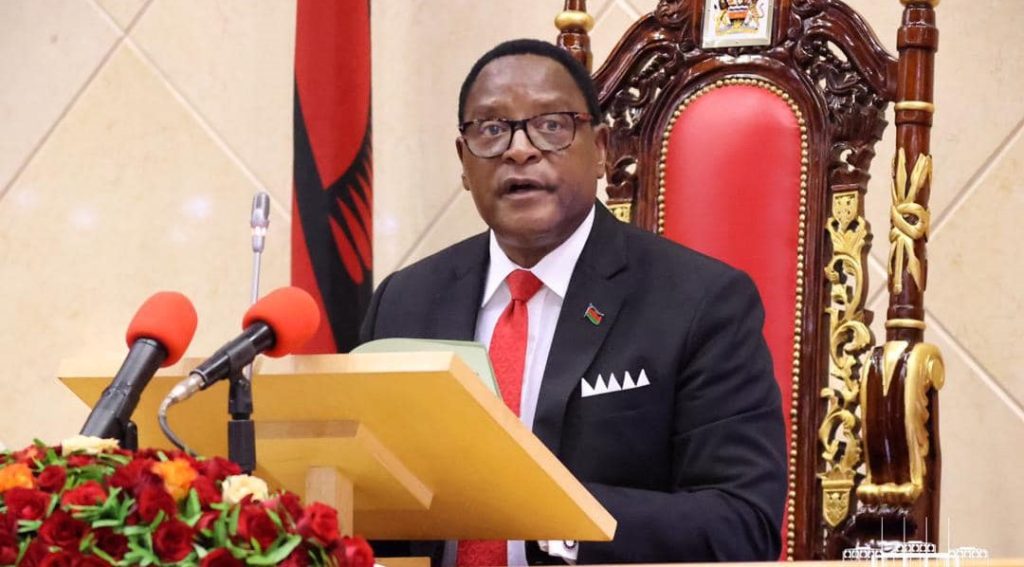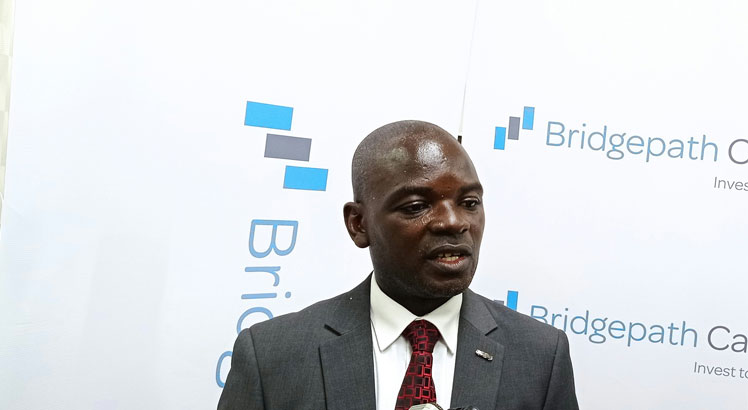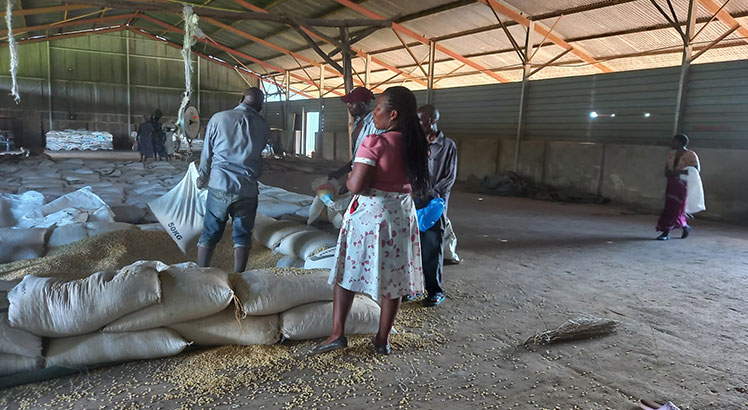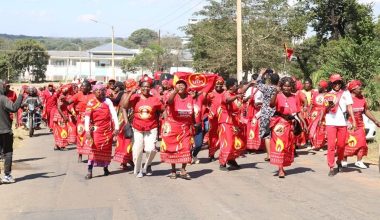Chakwera for improved AIP
President Lazarus Chakwera says government will continue to refine the Affordable Inputs Programme (AIP) in the 2024/25 financial year to improve food security.
In his State of the National Address (Sona) delivered at the opening of the Fourth Meeting of the 50th Session of Parliament in Lilongwe on Friday, the President said government will continue to work on the AIP to make it more effective.

Said Chakwera: “In the coming fiscal year our mission to refine the AIP will continue, aiming to strengthen beneficiary targeting, eradicate redemption malpractices, and enhance the timeliness of our interventions.”
Implementation of the programme was once more rocked with glitches, including missing of several deadlines set by the President, but Chakwera hailed AIP, saying it has seen an improvement in redemption rate.
“For this growing season, despite a few challenges encountered during the implementation of AIP, including shortage of foreign exchange, the redemption rate of seeds and fertilisers improved by 10 percent compared to the previous one,” he said.
In an interview on Sunday, Malawi Agriculture Policy Advancement Agenda (Mwapata) Institute executive director William Chadza said it would be ideal to continue with AIP, but with a commitment to effective reforms and clear pathways moving forward to address the challenges the programme has been facing.
He said there is need for a reform pathway that provides for gradual reduction in beneficiaries.
Said Chadza: “We could do better in terms of effectiveness and efficiency of the programme.
“Progress in improvements has been slow to warrant any meaningful impact. Of course, targeting seems to have improved and some beneficiaries seem to have been offloaded to other support programmes.”
On his part, Parliamentary Committee on Agriculture chairperson Sameer Suleman said Chakwera missed an opportunity to make a directive to have the AIP revamped, having appreciated that the current system is facing a number of challenges and not addressing food insecurity.
He said the expectation was for the President to develop a new plan, arguing officials are taking advantage of the loopholes in the AIP to abuse the programme.
“Has the government run out of ideas on improving the system? The system is prone to abuse. I don’t think the President is serious in trying to end hunger,” said Suleman.
Despite government allocating resources early for implementation of AIP and also reducing the number of beneficiaries from 2.5 million to 1.5 million in the 2023/2024 financial year, AIP has faced serious challenges, especially with procurement of fertiliser.
In February 2023, Chakwera also promised a timely AIP and directed that procurement processes should be done by end June 2023 so that people start accessing inputs early July 2023.
However, government struggled to procure fertiliser due to forex challenges.
During the launch of the 2023/24 AIP in Kasungu District on October 20, Chakwera gave the Ministry of Agriculture 40 days to implement the programme.
But at the expiry of the deadline, the ministry had reached to 46 percent of the beneficiaries and most had accessed only one bag of fertiliser, NPK.
Another deadline was set to have AIP implemented before December 25, 2023 but the Ministry of Agriculture also missed the deadline.





